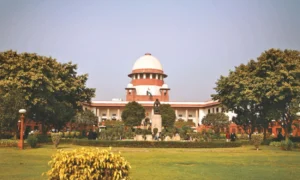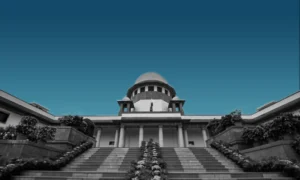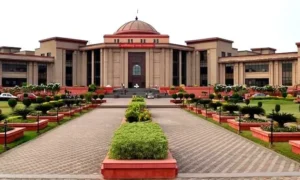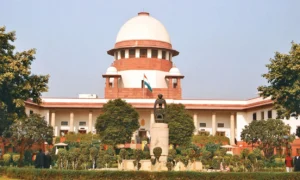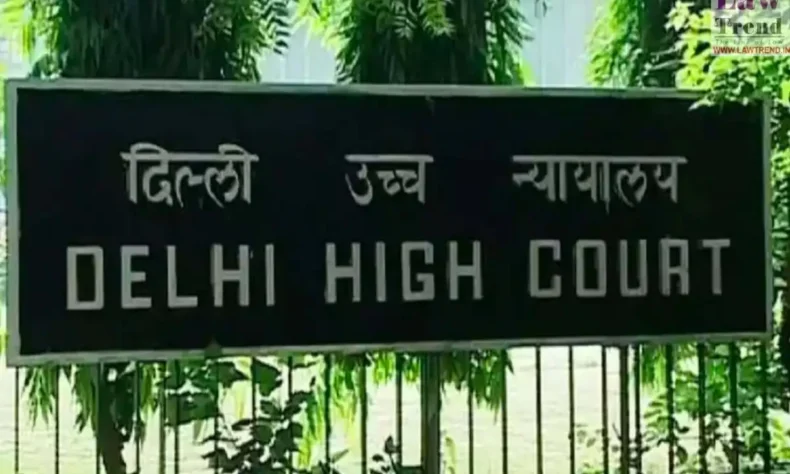
The Delhi High Court has held that law students cannot be prevented from appearing in examinations or promoted to the next semester solely because of a shortage of attendance. The Division Bench of Justices Prathiba M. Singh and Amit Sharma stated that attendance norms for legal education must strictly adhere to the regulations laid down by the Bar Council of India (BCI) and that no university or college may impose harsher conditions than those prescribed.
The judgment arose from a suo motu case initiated following the death of law student Sushant Rohilla, who allegedly took his own life after being denied permission to appear for examinations due to attendance deficiency. The Court observed that rigid enforcement of attendance requirements should never become a cause of mental distress or academic exclusion, emphasising that education must foster learning rather than punishment.
The Court directed that until the BCI revises its existing standards, no student of any recognised law college should be detained from appearing in examinations or from promotion on the ground of attendance shortage. However, if institutions choose to award marks for attendance, the deduction must not exceed five per cent, or 0.33 per cent in CGPA-based systems. The Bench clarified that students cannot be compelled to repeat a year merely for failing to meet attendance criteria.
The ruling also instructed institutions to keep students and their parents regularly informed about attendance shortfalls and to provide opportunities for improvement through remedial or additional classes, including online modes where possible. Attendance, the Court said, should be calculated only on the basis of actual classes conducted.
To improve student welfare, the Court ordered that all law institutions must establish Student Grievance Redressal Committees with at least 51 per cent student representation. The Bar Council of India has been directed to strengthen its affiliation guidelines by requiring the appointment of counsellors and psychiatrists in law schools and to re-examine its rules governing both three-year and five-year courses. It also recommended giving academic credit for practical legal training such as moot courts, seminars and internships.
The Court concluded that legal education in India must evolve to reflect modern teaching methods, including hybrid and online learning. Attendance requirements, it said, must be rational, humane, and aligned with the goal of creating a supportive educational environment rather than one defined by punitive rigidity.
📰 Crime Today News is proudly sponsored by DRYFRUIT & CO – A Brand by eFabby Global LLC
Design & Developed by Yes Mom Hosting

